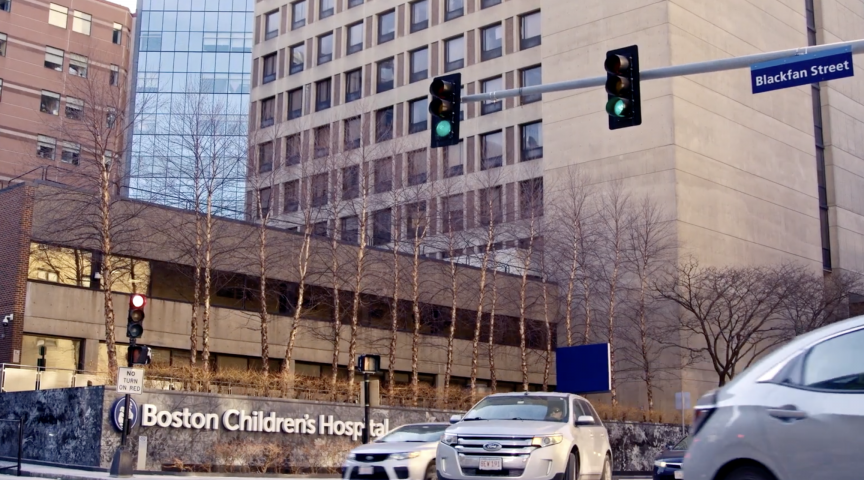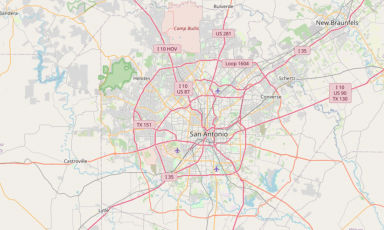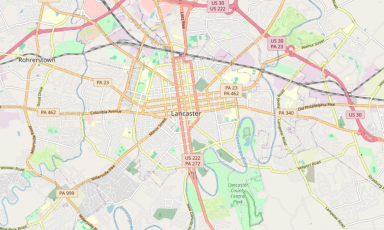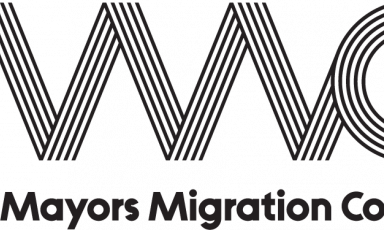Boston, United States
Immigrant Professionals Fellowship

Summary
The Boston Mayor’s Office for Immigrant Advancement (MOIA) and the Office of Workforce Development (OWD) partnered with the African Bridge Network (ABN), a non-governmental organization, to develop a pilot program that provides training, career coaching, and a 3-month fellowship placement at local hospitals to immigrant professionals from Africa and the Caribbean with backgrounds in healthcare. Boston is proud to be one of the premier healthcare providing cities with highly qualified workers from around the globe. However, due to a lack of U.S. work experience, Black foreign-trained professionals — particularly African immigrants (with 47% holding at least a bachelor's degree), are most often confronted with barriers when seeking employment in this industry.
In a direct effort to address racial and economic disparities in the healthcare field, this pilot program placed 10 talented, diverse, and multilingual professionals with local hospitals for a three-month paid fellowship. Foreign-trained professionals face various challenges to work in healthcare in the United States. Many have previous education and experience in their home countries, however, due to regulatory and degree validation barriers and lack of US work experience, they are unable to work in their same careers here. Often these individuals are unemployed or underemployed. The longer they work in unrelated industries, the more difficult it becomes for them to break into the US healthcare industry.
At the same time, the healthcare industry needs the skills and diversity of immigrant professionals to reduce racial disparities and improve care. In Boston, the healthcare industry has shown active interest in improving their workforce's ability to respond to the multicultural needs of its growing diverse patient population. Attracting highly qualified immigrant candidates with healthcare experience who can not only bring their training and knowledge, but also their cultural and linguistic competencies will improve the world class standard of care for which Boston is renowned.
Impact
This innovative fellowship helps bridge the gaps noted above. The purpose of this pilot program is to prepare and place highly skilled immigrants into paid fellowships with leading hospitals in Greater Boston. Participants are provided with work-readiness training, career coaching, US work experience, and the opportunity to grow their resumes. Employer partners benefit from connections to qualified individuals as well as stipend support. Hospital partners have either hired, or are planning to recruit participants to “train to hire” positions after the fellowshing ends.
Fellowship Details:
- Fellows first go through a four-week pre-placement training with the African Bridge Network at no cost to the participants
- Fellows are then assigned a paid, three-month position with a leading hospital in Greater Boston that is jointly funded by the Office of Workforce Development and the employer partner
- The placements pay the fellow $20 an hour for up to 30 hours a week.
- Due to COVID-19, hospital placements may be in-person, hybrid, or remote.
- The hospital placements are mainly in non-clinical positions and build off of the foreign training and expertise the immigrant professionals bring to the Boston healthcare community.
Lessons learnt
There is a high demand for these types of collaborative projects. The model works, is scalable and is transferable to other sectors. The African Bridge Network (ABN) is a local nonprofit organization that runs the fellowship. ABN provides pre-placement training and post-placement career support. ABN also coordinates the placement of fellows according to the hospital's availability and liaises amongst the participants, hospitals and the City of Boston. As a co-sponsor, the City of Boston provides funding and holds 10 spots for Boston residents. The fellowship stipends were made possible through the Neighborhood Jobs Trust, which funded half of the fellows stipend, while the other half of the $20/hour payment is covered by the Healthcare Institution at which the Fellows are placed. This fellowship is an example of how government, private, and nonprofit sectors can work together for advocacy and change.


